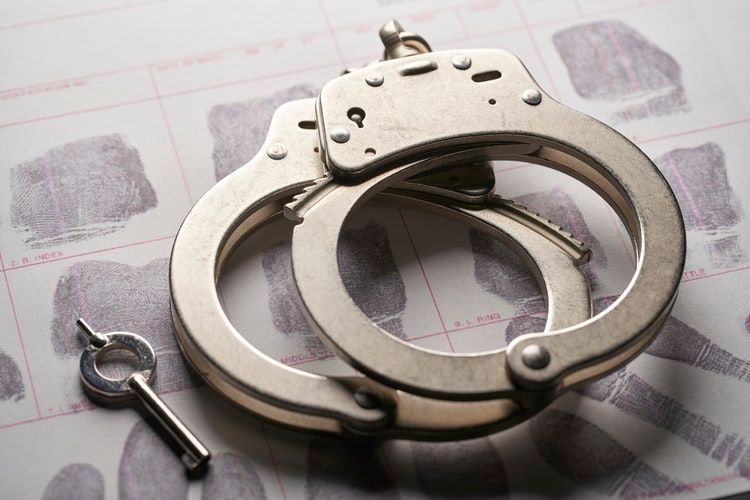The school shooting in the city of Izhevsk in the Ural region of Russia that left at least 13 people dead has brought back fears that Neo-Naizism in the country is on the rise again.
The shooter who allegedly had ties to Neo-Nazi groups shot and killed himself after perpetrating the killings to prevent arrest by the police. A video of the supposed shooter was widely circulated online which showed him lying in a pool of blood wearing a T-shirt that had Neo-Nazi symbolism on it. The name of the shooter and their motive have not been made clear yet.
Neo-Nazi’s in Russia are particularly ironic, considering the country’s history of fighting against Nazi Germany in World War II which left over 25 million Soviet Union citizens dead by the end of the it. In fact, Nazi ideology was vehemently rejected by the nation in the aftermath of the second world war only rising to prominence in the 1990s.
Also Read | School shooting in Russia’s Izhevsk leaves 13 dead, suspect identified
The Russian National Unity group was founded in 1990 and was led by the politician and far-right nationalist Alexander Barkashov. From the early 90s until current Russian President Vladimir Putin took over, the country saw a sharp rise in racist violence by skinhead gangs. The RNE as it came to be known, adopted the Nazi Swastika as its symbol with many of its members receiving combat training. The outfit was banned by 1999 following which it faded away.
Also Read | 3 Neo-Nazi killings in Russia
By the early 2000s other Neo-Nazi groups emerged, with some becoming bold enough to carry out killings such as the infamous 2007 killing of Shamil Odamanov. His murder was claimed by a group called the National Socialist Party of Russia. The group demanded the release of “Russian National Socialists” and claimed to be the military wing of the National Socialist Society. Shortly after, the NSS which itself was an illegal far-right organisation denied the existence of such a group within its ranks.
Between 2007 and 2009, Russian authorities began to clamp down on Neo-Nazi activities but were only partially successful as killings continued. Since 2009, there haven’t been reports of Neo-Nazi activity in Russia.







